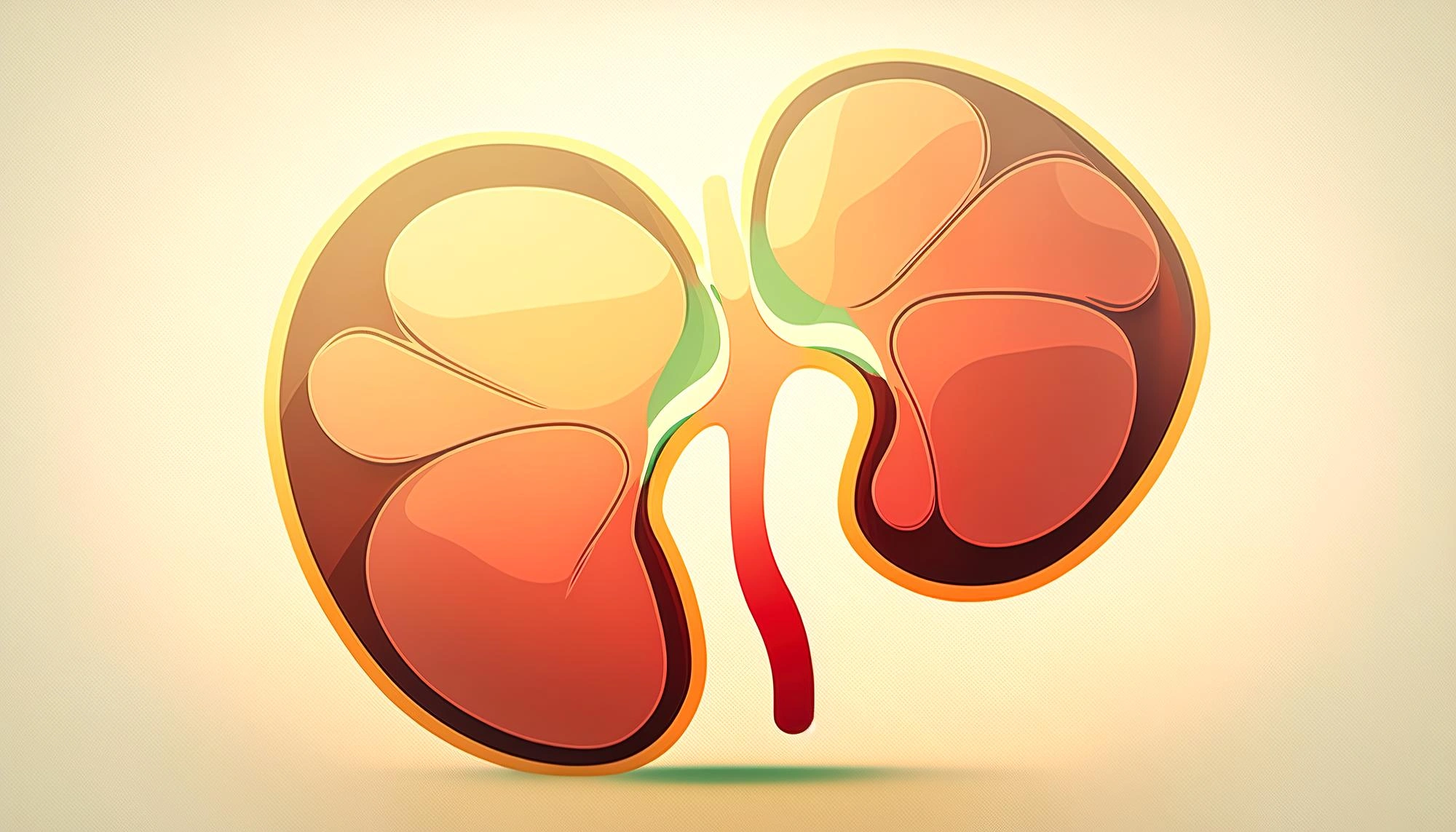
The Importance of Early Detection: Pediatric Nephrology and Organ Health
Kidneys are essential organs that play a vital role in maintaining a child’s internal balance. They filter waste from the blood, regulate blood pressure, maintain fluid and electrolyte levels, and contribute to overall growth and development. In children, healthy kidney function is especially important as it supports their rapid physical and cognitive development. Any disruption in kidney function can have lasting effects on their well-being, making early detection and care an absolute priority.
The Silent Nature of Pediatric Kidney Diseases
One of the most concerning aspects of pediatric kidney diseases is how quietly they can develop. Many kidney conditions in children, including congenital abnormalities, urinary tract infections, and nephrotic syndrome, may progress without noticeable symptoms in the early stages. As a result, by the time visible signs such as swelling, fatigue, or changes in urination become apparent, significant kidney damage may already have occurred. These subtle symptoms are often mistaken for common childhood illnesses, which leads to delays in diagnosis and treatment.
Why Early Detection Matters
Identifying kidney issues early allows for timely medical intervention, which can prevent the condition from worsening and reduce the risk of long-term complications. Pediatric nephrologists use various diagnostic tools, including urine and blood tests, along with imaging studies, to detect abnormalities in kidney function and structure. These tests are essential in spotting warning signs that may not yet be causing symptoms, giving children the best chance for effective treatment and recovery.
Treatment and Long-Term Management
Once a diagnosis is made, treatment plans are tailored to the specific needs of the child. Depending on the condition, this may include medications to manage blood pressure or inflammation, dietary changes to support kidney function, and in severe cases, dialysis or transplant. However, many kidney disorders, when caught early, can be successfully managed with non-invasive measures. The goal of treatment is not only to control symptoms but also to ensure the child can continue to grow and thrive without further complications.
Building a Foundation for Lifelong Kidney Health
Preventive care is key in supporting organ health from an early age. Encouraging habits such as staying well-hydrated, following a balanced diet, avoiding excessive salt, and attending regular medical check-ups can greatly reduce the risk of kidney issues. Educating parents and caregivers about the importance of kidney health helps in early recognition of warning signs and empowers them to seek medical help without delay.
Conclusion
In the field of pediatric nephrology, early detection truly makes a difference. By recognizing potential problems before they escalate and intervening at the right time, healthcare providers can protect children from serious kidney-related complications. Promoting awareness, encouraging regular health screenings, and supporting families with the right knowledge and care will ensure a healthier, brighter future for every child. For expert pediatric kidney care and early intervention services, visit KKCTH.



